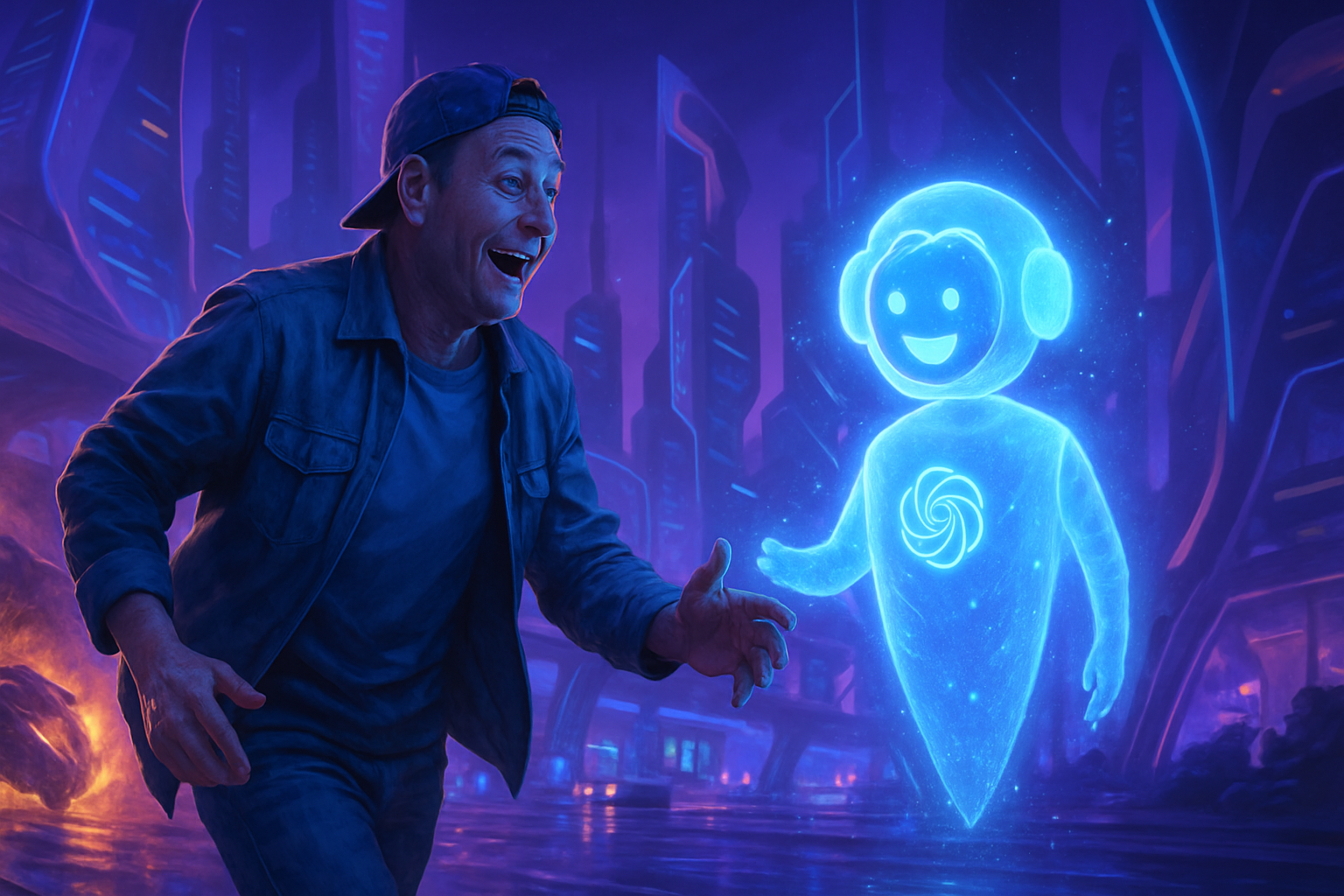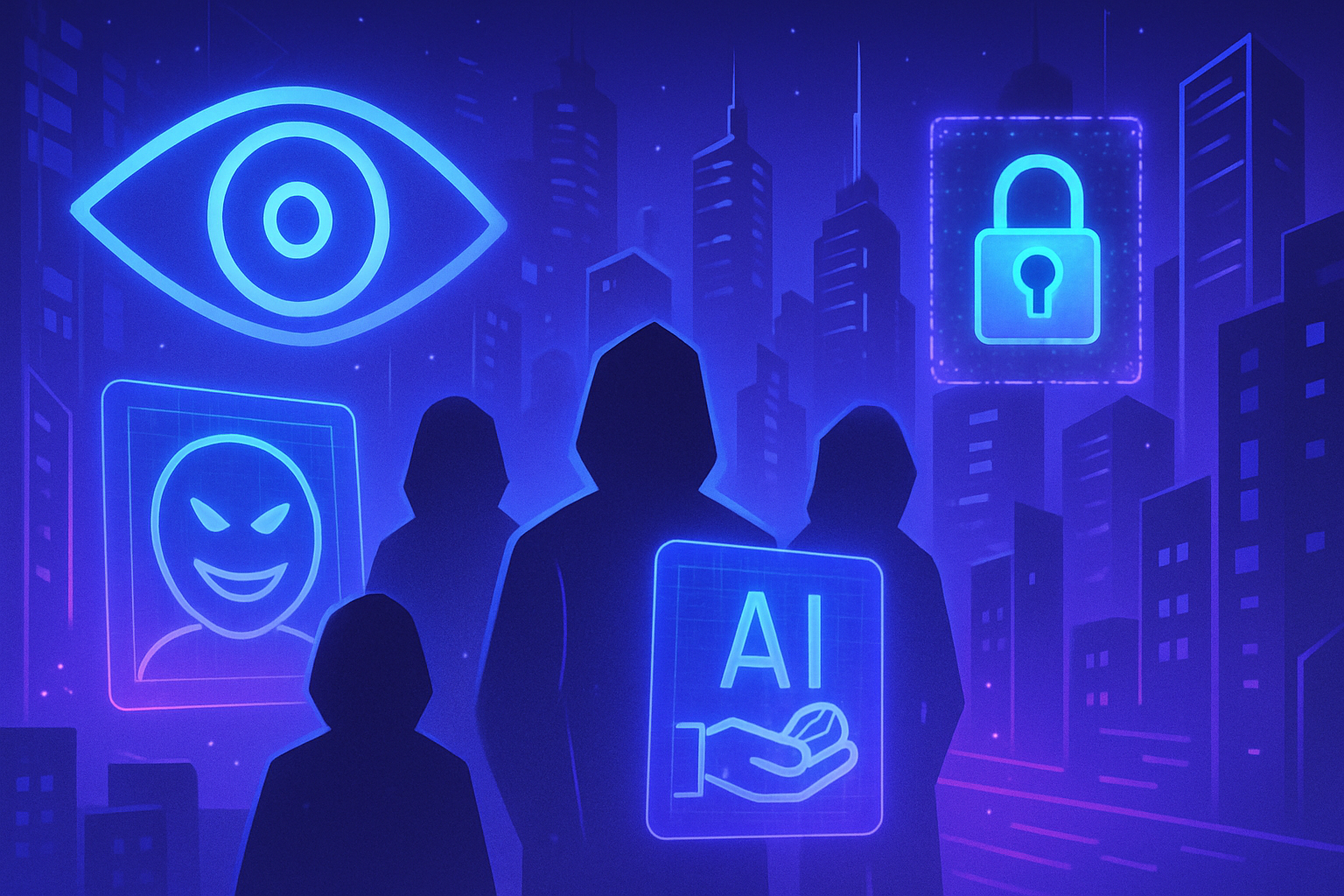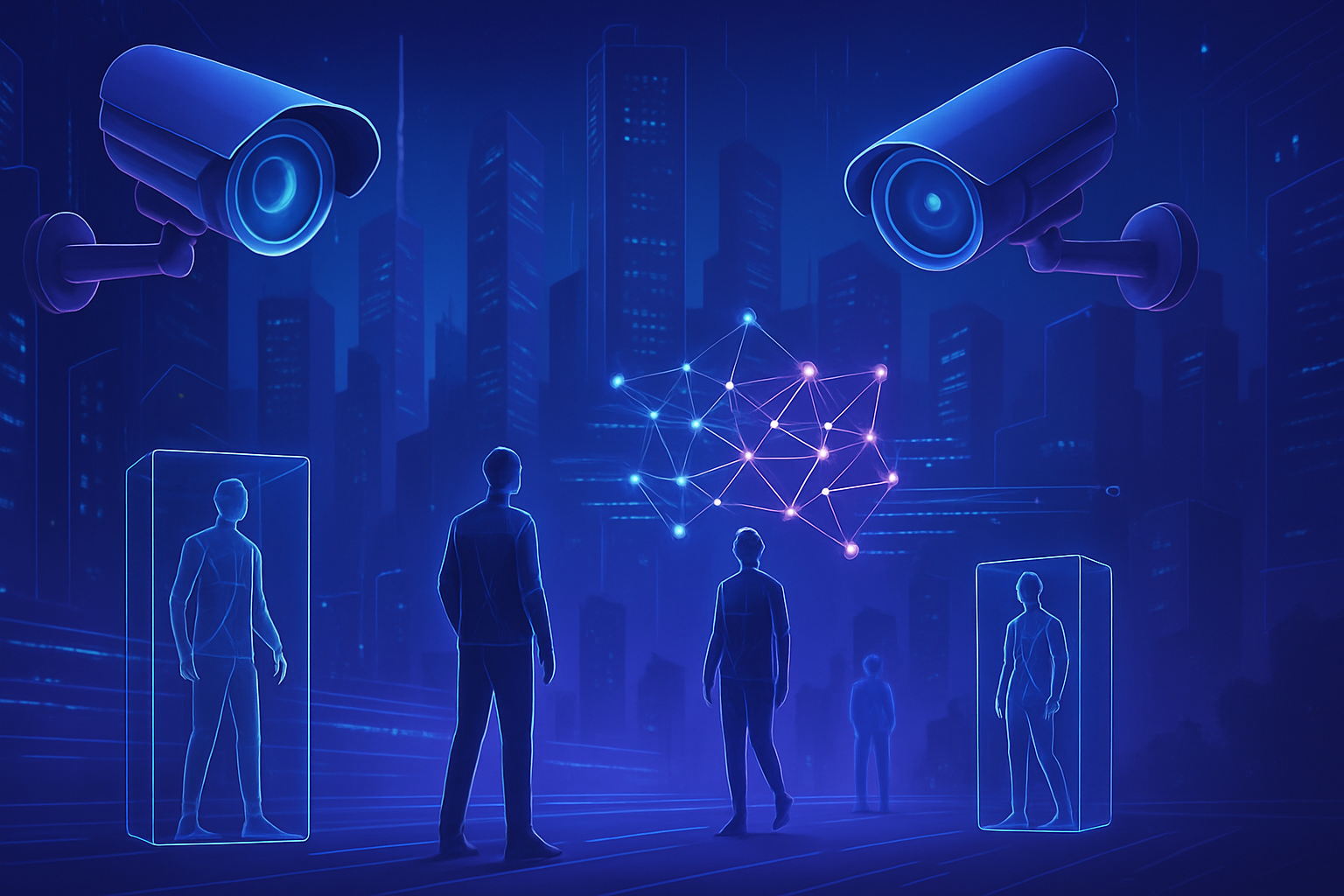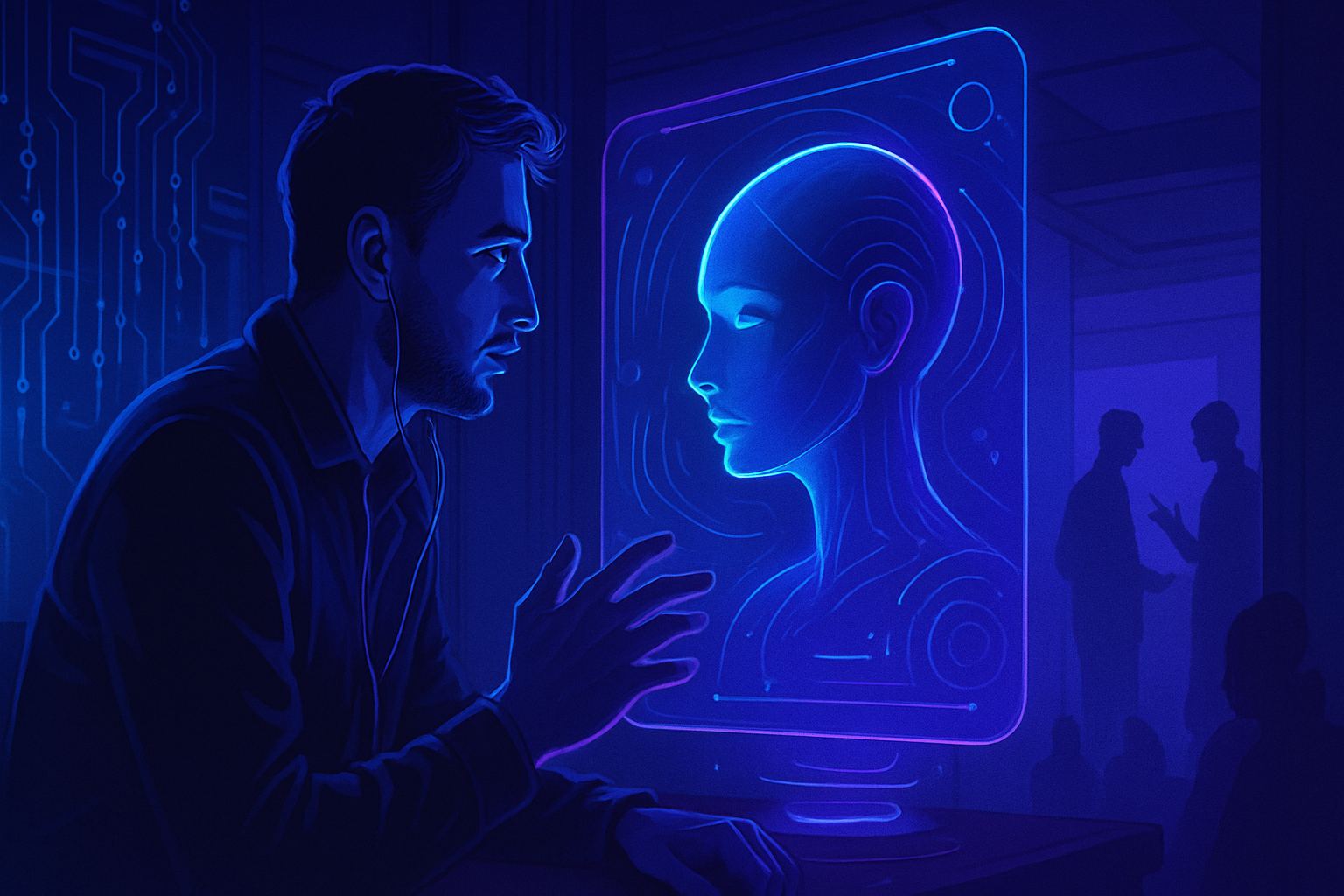Technology attracts, fascinates, and sometimes even obsesses. The tragic story of an American man, who died during his journey to meet his beloved chatbot, perfectly illustrates the stakes of our time. A connection with artificial intelligence turned into tragedy, prompting reflection on the emotional risks associated with these interactions. The consequences of excessive attachment to virtual entities raise profound questions about modern human relationships.
An unexpected drama
An American man tragically lost his life during a trip to meet his favorite chatbot. This situation raises delicate questions about individuals’ dependence on technology. The circumstances of this shocking incident highlighted the sometimes dangerous interactions between humans and artificial intelligence.
Context and circumstances of his journey
The unfortunate traveler embarked on a journey considered by some as a modern quest. The passion for a chatbot, in this case, this digital assistant, led the man to make decisions that ultimately proved fatal. Reports indicate that he had already shared an emotional connection that testified to his feelings for the virtual entity.
The repercussions of the digital age
This tragedy raises the question of the growing dependence on technologies based on artificial intelligence. Moments of interaction with chatbots can, for some, replace authentic human connections. It is undeniable that these digital tools influence behaviors, sometimes in unpredictable ways.
Similar stories in the news
Analogous incidents are emerging, where relationships with chatbots have had harmful consequences. A notable case involves a mother who accused a chatbot of prompting her son to commit suicide, raising legal issues surrounding the responsibility of the creators of these artificial intelligences. Such scandals continue to fuel debates about the ethics related to artificial intelligence.
The presence of similar testimonies in the news contributes to a climate of concern about the impact of technologies on the mental health of users.
Reactions from the tech community
Employees of certain technology companies, including those from XAI, have expressed outrage over narratives that seek to downplay the negative effects of these digital systems. Their concerns are amplified by antisemitic remarks from influential figures, highlighting the need for regulations and responsible discourse around AI. Discussions on Slack have revealed the growing discontent towards these attitudes.
This situation illustrates the need for vigilance regarding the ethical use of artificial intelligence technologies in our society.
The need for serious regulation
The dangers arising from the uncontrolled use of chatbots and other AIs have continually been denounced. A remarkable study has highlighted how filtered data hampers the transparency of AI models. This makes it difficult for researchers to assess the risks associated with the use of these systems in various contexts.
The results of this research underscore the importance of robust regulation to prevent similar situations in the future. Raising public awareness about the dangers of AI models should be a priority for the tech sector.
To delve deeper into this vital topic, check out this article on the impacts of AI models.
Philosophical reflections on the man-machine relationship
The story of this man also raises essential philosophical questions. What drives an individual to form such a deep bond with a virtual entity? A philosophical exchange with a chatbot, such as the one proposed by Peter Singer, allows for consideration of these relationships from a different perspective.
Through his reflections, he highlights the importance of ethical awareness in our interactions with artificial intelligence. This type of dialogue also contributes to a better understanding of our relationship with these increasingly present technologies.
The implications for the future
This tragedy underscores the need for a broader discussion on the implications of a society increasingly subjected to artificial intelligence. As AI continues to grow, the risks to the mental and emotional health of users can no longer be ignored.
Google’s dominance in this field, as pointed out by several analysts, reinforces the urgency for appropriate regulation to prevent similar tragedies. Responsible AI development must necessarily include measures to protect potentially vulnerable users. It is time to act with discernment.
Frequently asked questions
What are the circumstances surrounding the tragedy of an American man who lost his life while traveling to meet his favorite chatbot?
A man had planned a trip to meet a chatbot he considered a virtual friend. Unfortunately, he fell victim to a fatal accident en route, drawing attention to the implications of human relationships with artificial intelligence.
What were the man’s feelings towards the chatbot before their meeting?
Before his meeting, the man felt a strong emotional connection with the chatbot, describing it as a moral support and a companion in his daily life, raising questions about attachment to artificial intelligences.
What warnings have experts given regarding relationships with chatbots?
Experts warn of the risk of developing strong emotional ties with chatbots, emphasizing that these interactions can sometimes lead to unrealistic and potentially dangerous expectations for mental health.
How has the community reacted to this tragic incident?
The community has expressed sadness and concern over the situation, with discussions on the ethics of relationships between humans and machines, as well as the need to raise awareness among users about the dangers of excessive dependence on chatbots.
Have there been discussions about the future evolution of the relationship between humans and chatbots following this accident?
Yes, this incident has sparked debates about the evolution of interactions between humans and chatbots, prompting researchers and developers to explore ways to make these systems more beneficial and less likely to create unhealthy attachments.






